This month, we learned how even unfinished to-do lists may still have productivity perks, why one exec turns to extreme sports to stay grounded in the office, and what it might take to revamp the presidential debate format.
These are the stories you loved in Leadership in September 2016:
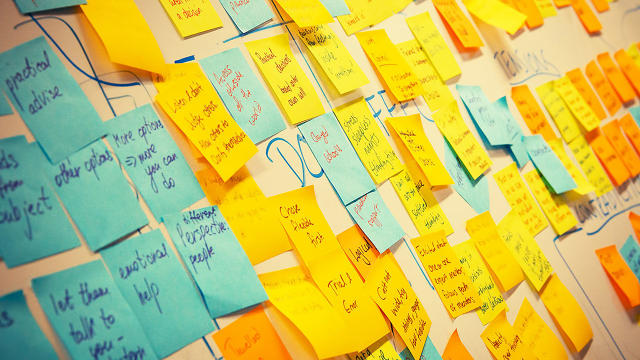
1. How Writing To-Do Lists Helps Your Brain (Whether Or Not You Finish Them)
The very act of planning can be a productivity booster all by itself. Here’s a crash course in the psychology that makes writing (if not actually completing) to-do lists so powerful.

2. 7 Surprising Facts About Creativity, According To Science
Hitting upon great ideas in the shower might not just be a cliché. In their book Wired to Create, authors Scott Barry Kaufman and Carolyn Gregoire write that that’s happened to a whopping 72% of us. This month we got a closer look at why, and examined several other quirks tied to the science of creativity.

3. This CEO’s Secret To Work-Life Balance? Ultra-Marathons
“I’m a believer in work/leisure balance,” Hotwire president Henrik Kjellberg told Fast Company. “I think life can contain both.” That might sound like a bland remark if you don’t know what Kjellberg means by it on a personal level. The exec frequently travels to remote locales and runs grueling ultra-marathons—an activity he says keeps him focused and grounded at work.

4. You Don’t Need To Be In Tech To Find High-Paying Part-Time Jobs
Not all part-time work is created equal, according to new data from FlexJobs. Here’s a look at the fields and roles that earn the highest part-time pay—plus a few other key trends in the freelance economy right now.

5. Want To Be More Productive And Creative? Collaborate Less
A former designer at IDEO, Lisa Baird claims that some of the fields best known for their creative teams harbor an inconvenient secret: They collaborate less than you’d think. Sometimes, Baird writes, just one person with a broad skill set is more creative and productive than a team of people with narrower ones. Here’s her take on how we went overboard with collaboration.

6. How To Make Presidential Debates Better Without Breaking Them
The conversation over whether moderators should fact-check debates may miss bigger problems with the format, which many voters don’t find useful. So Fast Company asked the experts what it might take to reinvent debating for the modern age.

7. How Two Companies Hooked Customers On Products They Rarely Use
According to one expert, brands can still create consumer habits around commercial behaviors that don’t happen all that frequently, like buying a car or taking out a mortgage. This month we learned how Y Combinator and Hallmark keep their respective customers engaged, even during the periods when they aren’t building startups or buying Christmas ornaments.

8. These Startup Founders Swear By The ROI Of Reading
Sure, your third-grade teacher told you to read more, but you haven’t been an 8-year-old for quite some time, right? Well, it turns out that reading really is the lifelong success habit it was billed as being way back then—just take it from these entrepreneurs.
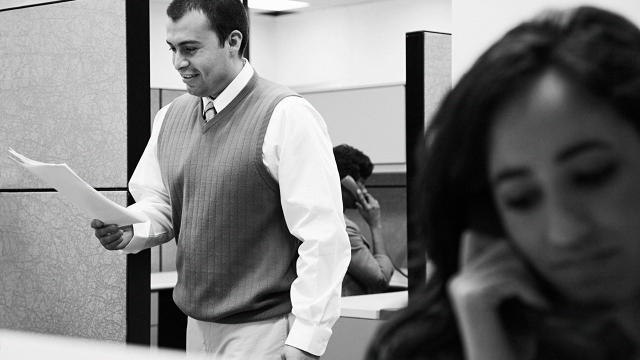
9. 6 Habits Of Trustworthy Leaders
According to recent research, people tend to trust their own colleagues more than their companies’ execs, a gap that may contribute to employee turnover. This month we explored what leaders can do to narrow it.

10. How Silicon Valley’s Talent Wars Are Killing Its Nonprofits
The astronomical costs of staffing and overhead in the Bay Area are putting pressure on organizations least equipped to survive it: nonprofits. Here’s a look at how the thriving tech ecosystem is crowding out the mission-based one.
These are the stories you loved in Leadership in September 2016.

The very act of planning can be a productivity booster all by itself.
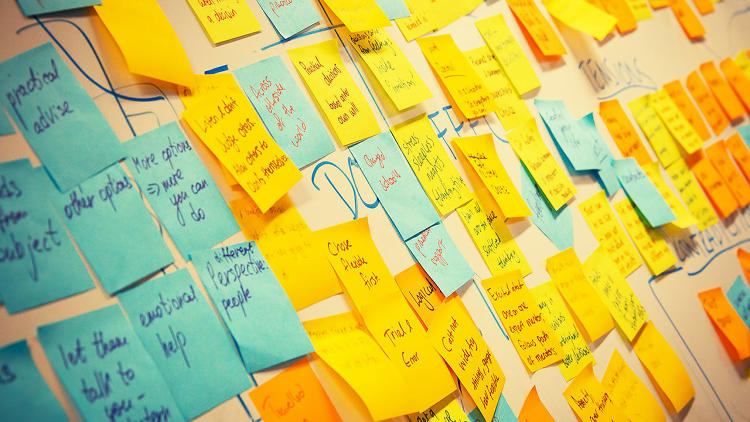
According to researchers, 72% of people really do get ideas in the shower. Here’s a look at why.

Hotwire president Henrik Kjellberg says running grueling ultra-marathons keeps him focused and grounded at work.

This former IDEO designer says the industries best known for collaborating sometimes avoid it.

The question of whether moderators should fact-check debates overlooks bigger problems with the format.
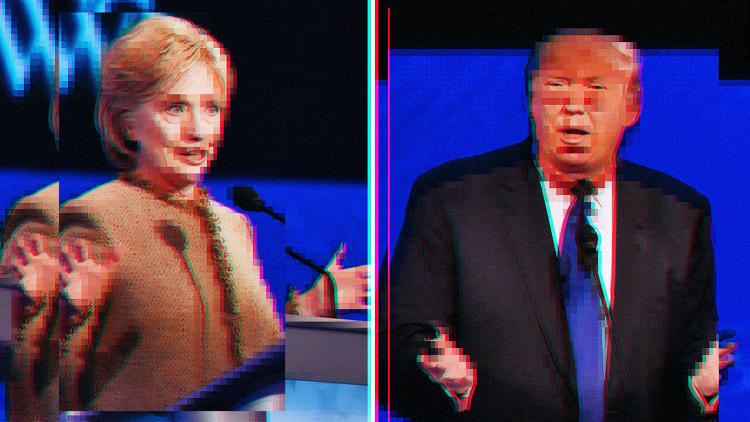
These are two ways brands can create habits around infrequent purchases like buying a car.

Reading really is the lifelong success habit your third-grade teacher billed it as being.

People tend to trust their own colleagues more than their companies’ execs. Here’s how to narrow that gap.
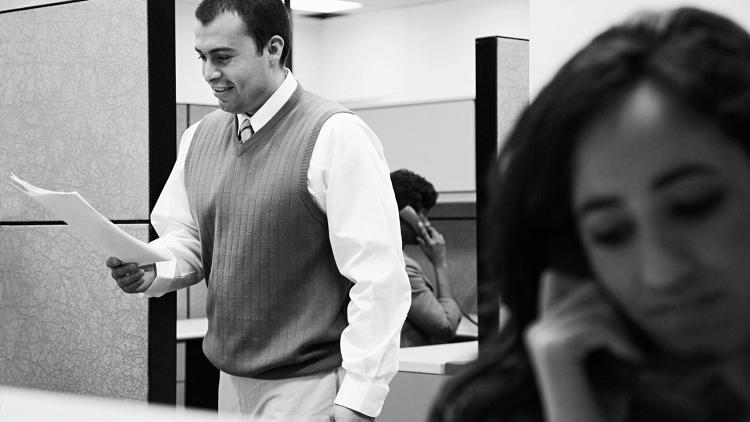
The Bay Area’s high costs of staffing are pressuring organizations least equipped to survive them.
![]()
Fast Company , Read Full Story
(50)